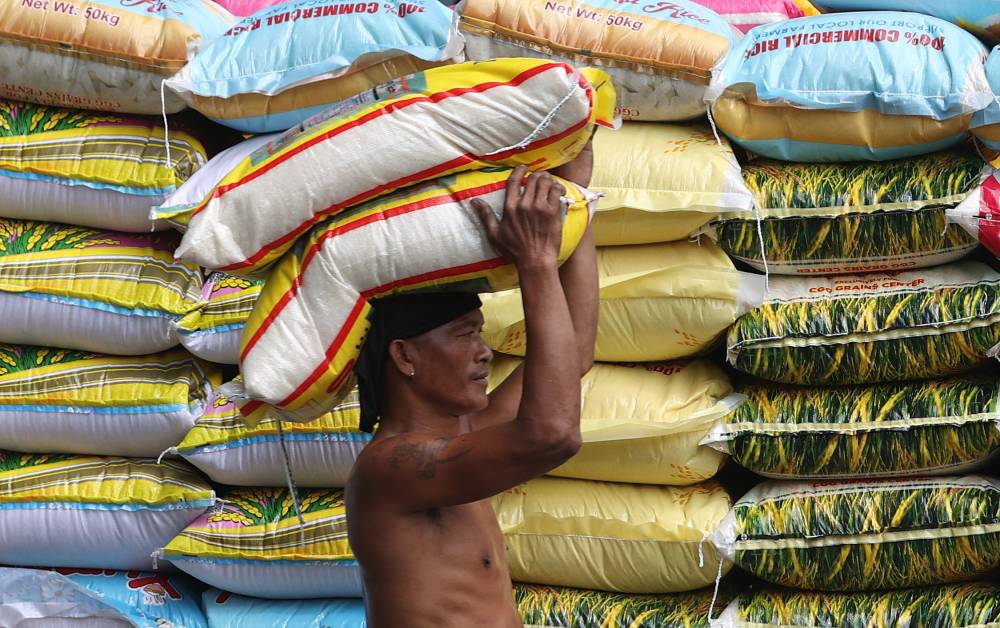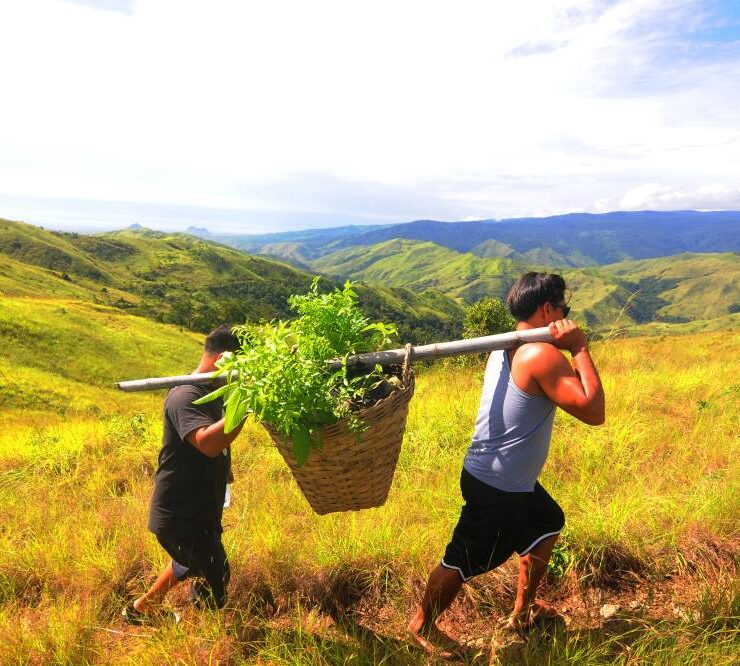Rice prices drop, meat more expensive in May

Average retail prices of rice at the national level decreased in early May while prices of meat increased amid the Department of Agriculture’s (DA) interventions to stabilize retail prices, according to the Philippine Statistics Authority (PSA).
The PSA reported that a kilo of regular milled rice averaged P43.74 during the first phase of May covering May 1 to May 5, down by 1.6 percent from P44.44 per kilo from April 15 to April 17.
This was 2.6 percent lower than the average retail price of P44.92 per kilo from April 1 to April 5.
Retail price for well-milled rice, meanwhile, averaged P50.48 per kilo from May 1 to May 5, a 1.1-percent drop from P51.06 per kilo in the middle of April.
Among the regions, Negros Island recorded the highest retail price of regular milled rice at P49.12 per kilo, while well-milled rice was most expensive in Davao at P54.48 per kilo.
Pork
The PSA also said the average retail price of fresh “kasim” (pork shoulder) stood at P369.64 per kilo as of early May, a 1.2- percent increase from P365.36 per kilo in mid-April.
A kilo of “liempo” (pork belly) reached P391.62, a slight increase from the previous price of P387.91.
Meanwhile, retail prices of “galunggong” (round scad) averaged P215.70 per kilo, a 5.8 percent drop from P229.11 per kilo.
The DA has implemented different strategies to curb rising retail prices of rice and pork.
Early this year, the DA issued the maximum suggested retail price (MSRP) for imported rice. At present, the price cap for imported rice (5 percent broken) is set at P45 per kilo.
The agency also declared a food security emergency in February following the “extraordinary” rise in local rice prices that persisted despite declining global prices and lowering tariffs on imported rice.
Under this emergency declaration, the Food Terminal Inc. will purchase rice stocks from the National Food Authority, which will be sold to Filipino consumers through local government units (LGUs).
Eventually, the DA launched the “Benteng Bigas Meron na Program” in the Visayas region, Metro Manila and adjacent provinces to sell rice at P20 per kilo through LGUs or Kadiwa centers, the government-run food outlets.
As for meat, the DA lifted the MSRP for pork effective Thursday at the request of different industry groups, which said that supply shortage caused by the African swine fever and strong consumer demand made it challenging to comply with the price cap.
On March 10, the MSRP was P350 per kilo for “pigue” (leg or ham) and “kasim.” It also suggested a cap of P300 per kilo for freshly slaughtered carcass.
Farmers’ call
Meanwhile, farmer-leader Danilo Ramos, who ran and lost in the senatorial race under the Makabayan coalition, is banking on presumptive senator Francis Pangilinan to advocate for the repeal of the Rice Liberalization Law or Republic Act No. 11203.
Ramos, who is chair of Kilusang Magbubukid ng Pilipinas, said this law had “failed both farmers and consumers” as it caused the influx of cheap rice imports that eventually brought down farm-gate prices of palay (unmilled rice), “erod[ing] the local rice industry.”
“We urge him (Pangilinan) to spearhead the repeal of [the Rice Liberalization Law] and champion the passage of [the proposed Rice Industry Development Act],” Ramos said.
The proposed measure, which only reached the committee level in the House of Representatives in the 19th Congress, aims to remove tariffs and push for a “massive overhaul” of the rice industry through huge investments in local production of palay.
Ramos sees this move as a way to ease the country’s rice crisis, which he said was also marked by a slowdown in local rice production.
“The promised benefits —lower retail prices and improved competitiveness— never materialized. Farmers continue to suffer losses, while consumers still face volatile and rising prices,” he said.





















